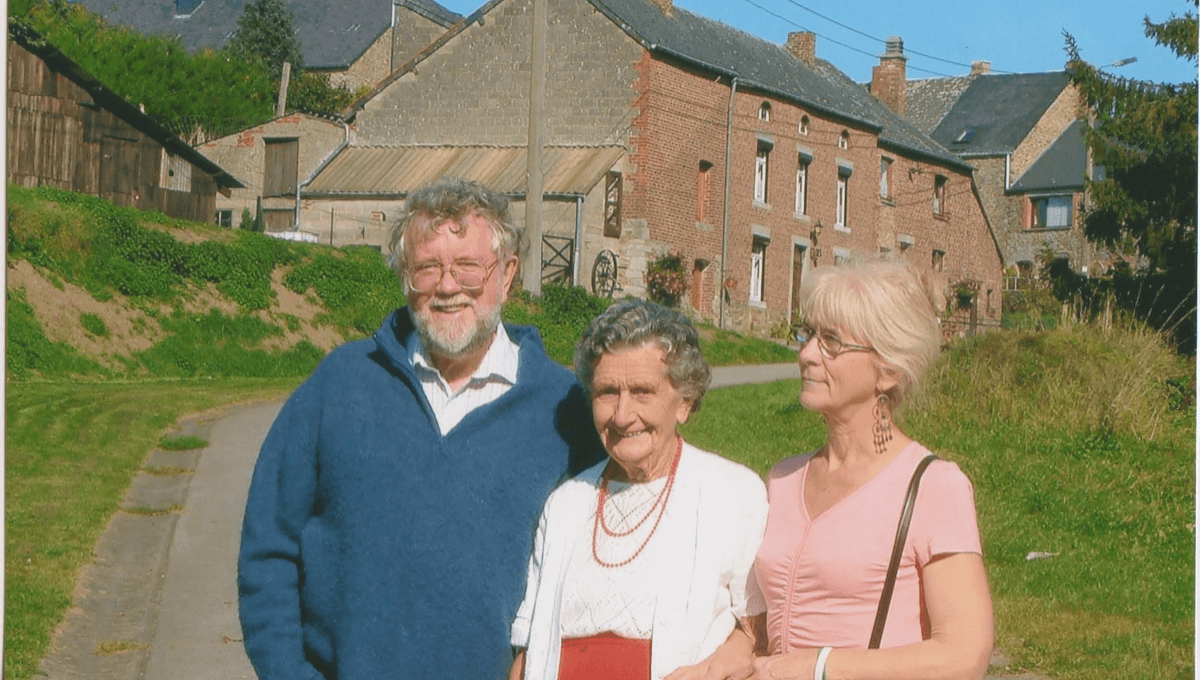
Jo Cameron is a woman who doesn’t feel pain but is also spared the usual consequences, thanks to rare mutations. She also experiences less anxiety or fear than other people. A study of the molecular basis of her condition could yield medical benefits for the rest of us.
Not feeling pain may sound wonderful, but a moment’s thought reveals we evolved to suffer it because we need the warnings pain provides. Nerve damage, such as people with leprosy experience, leads to a risk of cuts going untreated, and turning septic. Injured limbs need a chance to heal, rather than being used normally, as would occur if we couldn’t feel that damage.
However, for Cameron, her lack of sensitivity to pain comes with other changes that have spared her these effects. It took geneticists six years to identify the gene responsible for Cameron’s unusual attributes after a doctor referred her in 2013. Now a new study follows this up by explaining the way Cameron’s unusual genetics express themselves at the molecular level.
Cameron’s condition is so unusual because two mutations work in combination, which made it harder to replicate in the lab. Nevertheless, using CRISPR-Cas9 to modify cell lines researchers at University College London were able to recreate the effect on other genes and see how their expression changed.
Not all the effects of Cameron’s unusual genes are positive. She suffers from apparently related mild memory deficits, and experienced “significant” nausea and vomiting in response to morphine after an operation. Stranger still, her saliva dissolved dental fixatives with exceptional speed.
Cameron’s mutations lie on the FAAH and FAAH-OUT genes, so it is no surprise her FAAH enzyme is much less active than in most people. However, the ripple effects go much further. The authors found 797 genes that are upregulated by these mutations, and 348 that are downregulated.
Possibly the most important is the increased activity of the WNT16 gene, known to be associated with bone regeneration, which appears to be key to Cameron’s wound-healing powers.
Changes to the mood-regulating gene BDNF may explain her lack of fear or anxiety. Unusual activity in the ACKR3 gene, which regulates opioid levels, may be why Cameron has no need for painkillers – she’s always producing her own.
Cameron flew under science’s radar until the age of 66 when she underwent surgeries for her hip and her hand. She reported little pain, both before and after the operations, leading one of the specialists at the hospital that treated her to look deeper. He discovered Cameron had suffered many burns and cuts without suffering and healed so rapidly that she seldom needed medical attention.
Geneticists eventually identified a mutation in the FAAH-OUT region of Cameron’s genome, previously thought to be part of the junk DNA. It was found this region plays a role in mediating the expression of the FAAH gene (thus the name).
Cameron has mutations both on the FAAH-OUT region and the FAAH gene itself. Her version of the FAAH gene exists in a minority of the population, but is still fairly common. Her FAAH-OUT mutation is much rarer, and the combination has never been seen before. Then again, given how long it took to identify Cameron’s condition, it’s certainly possible there are other people benefiting similarly without knowing it.
“The FAAH-OUT gene is just one small corner of a vast continent, which this study has begun to map,” said UCL’s Dr Andrei Okorokov in a statement. “As well as the molecular basis for painlessness, these explorations have identified molecular pathways affecting wound healing and mood, all influenced by the FAAH-OUT mutation.”
The importance of limiting FAAH for pain relief has been recognized for some time, and the authors note many FAAH-inhibiting drugs have been developed over the last two decades. However, side effects have prevented any passing clinical trials. FAAH-OUT may provide a way around that.
Like Cameron, mice lacking FAAH are fearless, immune to pain, and heal fast. In a Marvel movie scientists would be using the knowledge gained from Cameron to genetically engineer a team of super-soldiers who feel neither fear nor pain and recover from battle wounds in minutes. Real science doesn’t work like that, but the authors hope their results will lead to drugs that can speed up regeneration or suppress pain or fear when necessary.
The study is published in Brain
Source Link: Molecular Explanation For How One Woman Doesn’t Feel Pain And Heals Rapidly